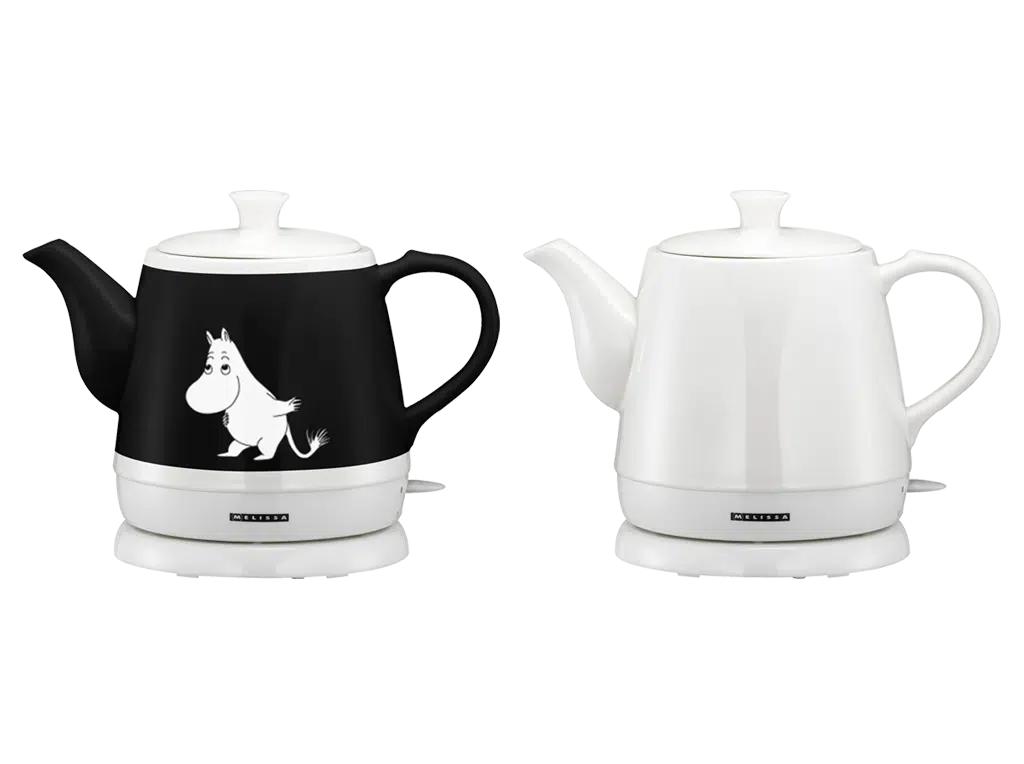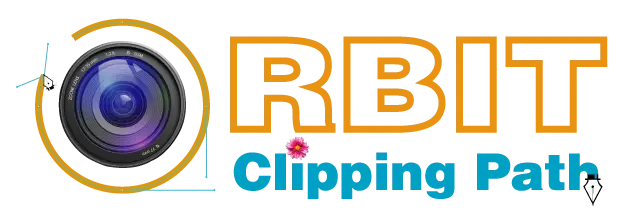
Having worked in ecommerce for some time, I understand the amazing impact good product photography can have on a business. At a time when first impressions are key and the digital world is filled with competition, strong visuals will act as your big edge to increase conversion rate and catch the eye of your prospects. This complete guide falls in depth on the secret ecommerce photography techniques that have powered my / This full guide is about diving deep into those secret tricks of E-Commerce product photographers, which helped me and my clients to achieve remarkable success in the online retail business.
The Power of Ecommerce Photography
As the saying goes in the world of ecommerce, a picture is worth a thousand words. Online shoppers depend greatly on the way your products (in this case photographs) look especially when you cannot touch and feel the product, which is a deal breaker. The images you select can help your products stand out by displaying them in a more flattering light, showing off different elements and textures. Given that ecommerce has come to stage where brands need to visually excite and persuade their audience to trust them, it is in your best interest as a brand or small business owner to champion in ecommerce photography and let the results lead you on orders way higher than before.
Types of Ecommerce Photography
There are different styles and techniques to achieve the outcome of a product photograph, and the type is adapted to every kind of ecommerce categories. Popular Types of Ecommerce Photography
1. Product Photography (images of your products in high definition image with white background)
2. Lifestyle Photography: Setting up their products in everyday life, either on models or through lifestyle-staging to create an emotional link with your audience.
3. 360-Degree Photography: Offer potential customers an interactive, in-depth look at your products using complete rotation views of the items.
4. What Is Flat Lay Photography: Its is nothing but arranging your products in a top down manner making those look visually appealing, to get more details of how stuff relates each with other.
5. Video Photography: Shooting entertaining product videos to display features, record tutorials or share your brand vibes.
Mastering the art and science of ecommerce photography leads to a perfect blend of these techniques that together provide you with consistency in visual language, engaging storytelling that speaks to your audience.
How to Set Up Your Ecommerce Photography Studio
Understanding the art of product visuals, thus it will be incomplete without mentioning having a dedicated ecommerce photography studio. You Need These Four Elements:
1. Lights: Use proper light setup, such as softboxes, umbrellas and led panels to get the perfect lighting on your products.
2. Use plain seamless backdrop: Use different seamless, neutral-colored backdrops (white, grey, black etc) to give clear and professional ambiance for your product shoots.
3. Camera and Lenses: You will need a camera, such as a high-resolution DSLR or one of the newer mirrorless cameras in addition to an array of lenses including macro and wide-angle meant to captivate every detail with arresting visuals.
4. Using a Tripod and Stabilization: It is paramount to have your camera set up on a rock-solid tripod to avoid any camera shake, and also for frame uniformity.
5. Photo Editing: Purchase professional software provided in Adobe Photoshop or Lightroom to edit your photos and provide precision tone to the theme of the image.
Setting up an ecommerce photography studio will also make it easier for you to produce images that are cohesive and of high quality, leading to a stronger online presence for your brand.
Cost of an Ecommerce Photoshoot
An ecommerce photoshoot cost can significantly range depending on the size of your product catalog, complexity in shots, post-production level. I have it informally reviewed and here are approximate cost ranges:
1. In-House Photography: If you already have the equipment and a knack for photography, an in-house shoot can cost anywhere from $50–$500 per product depending on how long it takes you to actually capture everything(outputs/ day).
2. Ecommerce Photography Studio: This can run anywhere from $100 up to $1,000 or more per product depending on the nature of the product (e.g. professional photography studios charge more for complex high-end products).
3. Outsourced: Photo Editing: It can cost you an extra $5 to $50 per image, depends on what kind of post-production and retouching needed when outsourcing your photo editing to a professional service provider like Orbit Clipping Path.
When evaluating the options, carefully consider the pros and cons of each in order to arrive at an optimal solution for your ecommerce business.
Ecommerce Photography Secrets
So let us get to the secret ecommerce photography techniques that can give your product visuals a shine and, hopefully, if you have been following our articles on visibility which will be good for sales!
1. To an engineer (who could be glorified as forever clueless in these matters) the most insight would come from looking under Lighting is Key: Master lighting skills to go reaping pro-caliber product shots. Use different lighting designs — for example, having a three-point lighting system also creates contrast (depth), highlights product details, and takes away any excess shadows.
2. Use Angles and Perspectives: Use different angles to demonstrate your products in a more intriguing manner. For instance, shooting from a slightly higher vantage point can offer a more kinetic and appealing composition.
3. Negative Space: By intentionally adding negative space (everything else around your products), you can make your product pop out to the viewer, as well as create an element of aesthetic simplicity with your images.
4. Look at the tiny details: Magnify elements like textures, patterns, and sheen to emphasize the quality of your craftsmanship. Close-up images like these are especially good for high-end or luxury goods.
5. Play with Backgrounds: Test a range of backgrounds from seamless paper backdrops to natural scenes to see what looks best against your products. Not only can the right background perfect your image quality, but it can also help you have a unique product that stands out.
6. Use Lifestyle Shots: Show your goods in real-world contexts using elements of lifestyle photography or by including models. Appropriately used, these types of images can be emotionally evocative and help orient visitors into the context of where your products fit into their lives.
7. Mobile optimization: More and more customers are shopping from their smartphones, so it’s important to make sure your product images are displayed properly on mobile devices. And this might require you to change the aspect ratio, resolution, or file size of your images.
This – by strengthening the bond that your visuals create with core potential buyers-and in turn creates a visually powerful online presence that attracts customer engagement and sales.
How to Become an Ecommerce Photographer
This guide will cover the essential steps to become an ecommerce photographer, if this is something you are interested in working towards a career.
1. Master Technical Skills in Photography: Whether it is lighting, composition, or post processing — invest time to develop and polish your skills. Practice and practise over and over to become better.
2. Master Ecommerce Photography: All of the above is significant but don’t forget to focus on the nuances and essentials of ecommerce photography as well. Be Current With Trends and Methods in Industry
3. Diversify your Portfolio: Then get a variety of ecommerce photography styles and categories in few examples on the portfolios which shows how you can do anything related.
4. Network with others: You already know that the online business and marketing businesses are some of the quickest growing in this world.
5. Even Easier Setup: Your business is likely a high-turnover, time-sensitive operation (like most of the e-commerce industry), so make sure your workflow is streamlined to deliver quality images constantly in urgent deadlines.
6. Continue to Innovate and Adapt: Approach learning with a growth mindset and consistently experiment new approaches, technologies, and tactics to remain a leader in the evolving world of ecommerce
All of this the more information you have in your brain, puts you a step closer to being that coveted ecommerce photographer that clients need to get noticed on a crowded digital stage.
Maximizing ROI with Ecommerce Photography
For ecommerce it is true more then ever that “A picture worth a thousand words”. This ensures that you have an visually appealing presence online which appeals to your target audience, build a sense of trust and drive sales in the long run – all thanks to mastering ecommerce photography.
Find the top quality output of skilled photo editing at Orbit Clipping Path! We equip your images with flawless background removal, precise clipping paths, and exceptional retouching to give your images a life of their own. Our dedicated team will enhance your visual designs, leaving no stone unturned, to make sure you get the perfect outcome. Get the best photo editing -**select Orbit Clipping Path now** and make your images into pieces of art! Call us for your service councils now!!
So as you progress in your ecommerce photography endeavours, persist to stay flexible, creative and smile while delivering visuals that will actually resonate the special traits of your products. Only with the proper strategies and a dedication to quality can you move your brand forward within the ecommerce space and usher in big wins for your business on the online marketplace.
Categories
Recent Posts

Color Correction Services
Color Correction Services

Background Remove Services
Background Remove Services
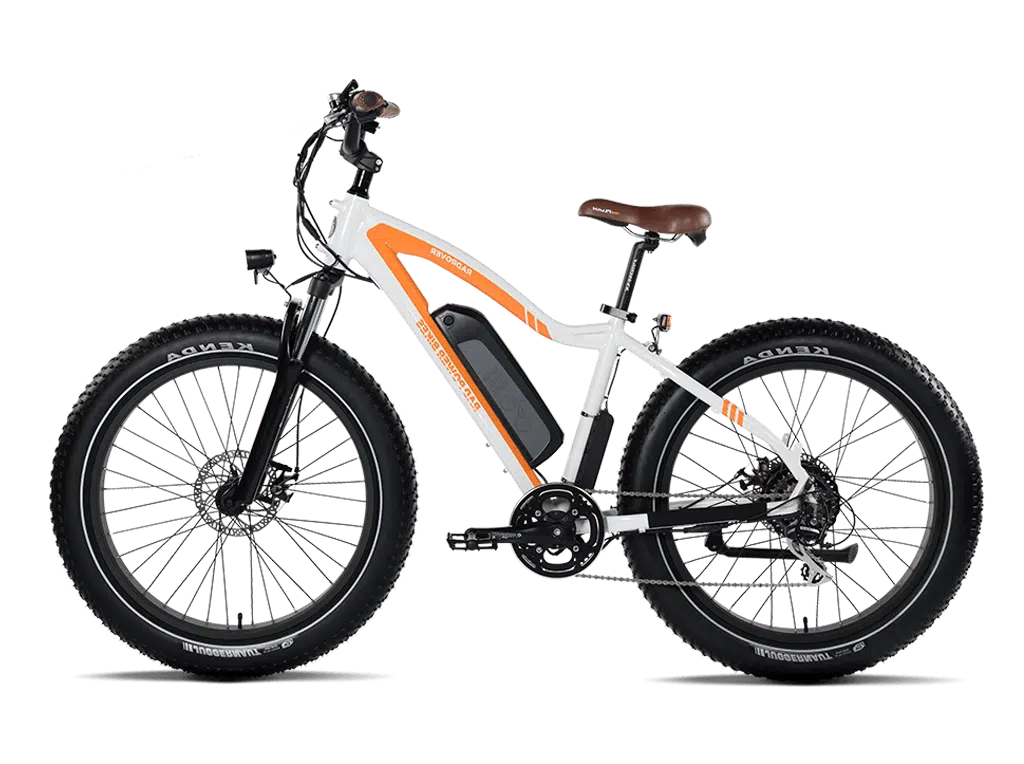
Clipping Path Services
Clipping Path Services
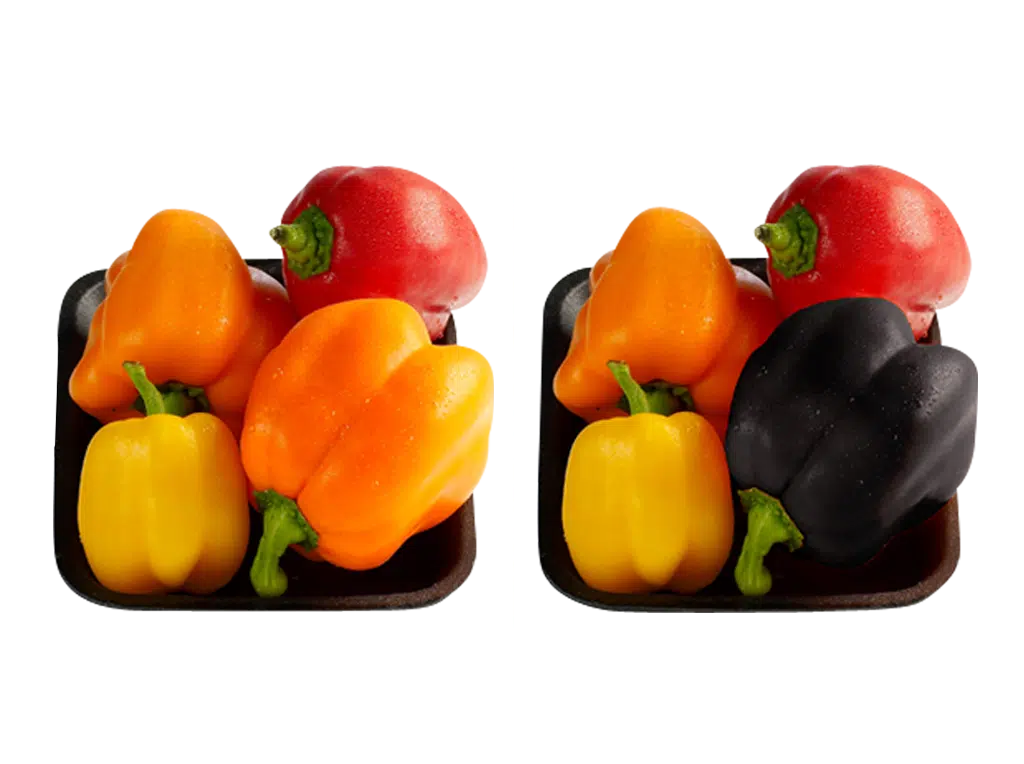
Image Manipulation Services
Image Manipulation Services
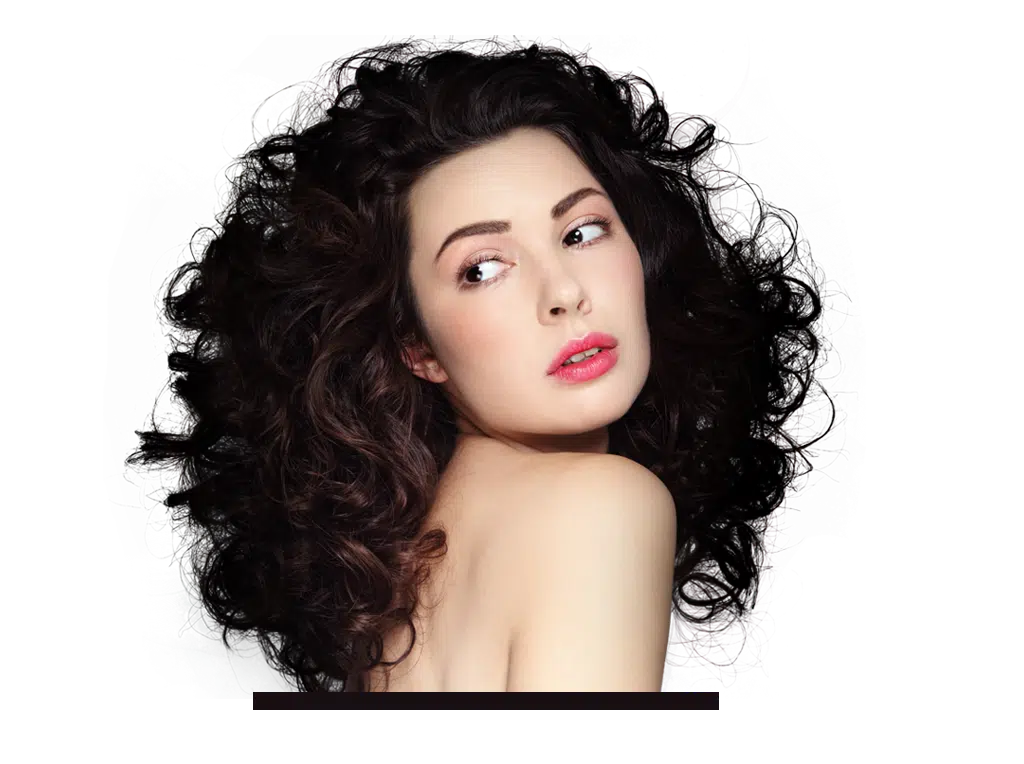
Image Masking Services
Image Masking Services
